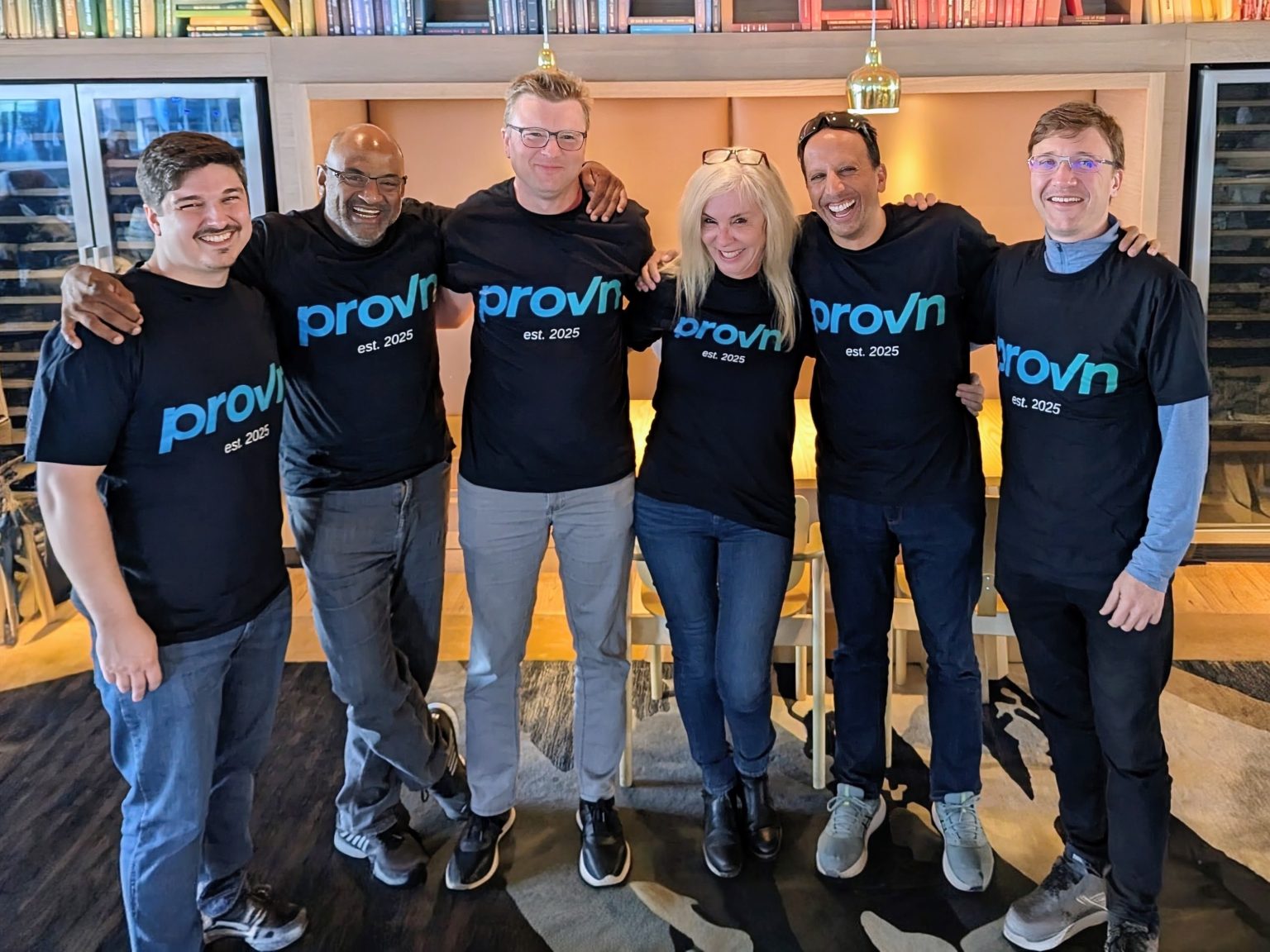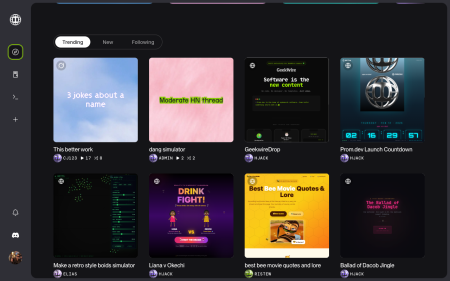Revolutionizing Recruitment: How Provn Is Replacing Resumes with Real-World AI Skills Assessment
In today’s rapidly evolving job market, the traditional resume is becoming increasingly problematic. Job seekers are using AI tools to game applicant tracking systems, leaving recruiters drowning in artificially enhanced credentials that may not reflect actual capabilities. Meanwhile, even as tech giants announce layoffs, they’re simultaneously competing fiercely for talent with genuine AI expertise. This disconnect between hiring processes and actual skills evaluation has created an opportunity that Seattle-based startup Provn is seizing. Led by seasoned entrepreneur Nikesh Parekh, Provn is building a platform that replaces conventional resumes with demonstrable work portfolios and challenge-based assessments, fundamentally changing how companies identify and evaluate talent in the AI era.
The core of Provn’s innovation lies in its “AI challenges” approach. Rather than relying on listed qualifications or interview performances, candidates solve real business problems or build functional AI agents through the platform. The system records video walkthroughs of their process and applies analytics to measure performance objectively. This creates a win-win situation: employers receive data-driven insights about candidates’ actual capabilities, while job seekers build portable profiles of demonstrated skills they can leverage across multiple potential employers. Parekh describes Provn as a “skills-first marketplace for AI talent,” recognizing the fundamental shift where “every job is becoming an AI role” in today’s economy. The platform arrives at the perfect intersection of several major trends: growing concerns about AI replacing human workers, the rapidly changing nature of work itself, and the reality that AI-related positions represent one of the few consistent growth areas in the current job market.
While established job platforms like LinkedIn and Indeed offer tremendous scale, Parekh argues they struggle to effectively connect companies with high-quality candidates—a problem exacerbated by the increasing prevalence of “AI slop” in applications. Current technical assessment tools like HackerRank and Codility address part of the problem but remain too narrow in their focus. Provn aims to go further by creating a comprehensive solution that evaluates not just coding ability but broader AI fluency and problem-solving capabilities. The startup is targeting two distinct customer segments: large companies that regularly hire early- and mid-career information workers and want access to a database of skill-assessed candidates, and smaller startups without dedicated recruiting resources that need pre-vetted candidates who can demonstrate genuine AI capabilities. This dual approach allows Provn to serve organizations across the spectrum of size and recruiting sophistication.
To build momentum, Provn is strategically partnering with startup communities and Seattle-area employers including Read AI and Yoodli to launch its minimum viable product. The company is also collaborating with recruiting firms to integrate its assessment approach into existing talent pipelines. Though currently self-funded, Provn plans to raise seed funding to accelerate growth. Its business model is straightforward: charging employers per hire while offering premium tools for candidates, including an “AI agent” that helps them market themselves and identify new opportunities. This balanced approach creates value for both sides of the marketplace while acknowledging the reality that employers typically bear the primary cost burden in recruiting solutions. The timing seems opportune as companies increasingly recognize that traditional hiring methods are poorly suited to evaluating the complex skillsets needed in today’s AI-enhanced workplace.
Nikesh Parekh brings substantial credibility to this venture, having previously co-founded Suplari, an AI-driven spend intelligence company that Microsoft acquired in 2021. Following the acquisition, he spent four years working on Microsoft’s Copilot Studio and Power Platform, gaining firsthand experience with cutting-edge AI applications. His career also includes leadership positions at real estate technology firms Market Leader and Trulia, along with other early-stage ventures. This background gives him unique insight into both the technical challenges of AI implementation and the practical business problems companies face when trying to build AI-capable teams. Parekh has assembled a strong leadership team at Provn, including Kate Hill, former vice president of sales and customer success at ActiveRain and business development leader at EY, and Ravi Mohan, a former venture capitalist at Shasta Ventures who previously served on the boards of Suplari, Apptio, and Anaplan.
Provn enters a competitive landscape that includes several other recruiting technology startups in the Seattle area, such as Humanly, Karat, and ConverzAI. However, its specific focus on skills-based assessment for AI talent appears to differentiate it in the market. As artificial intelligence continues to transform virtually every industry, the demand for people who can effectively work with these technologies will only increase. The traditional resume—already an imperfect tool—becomes even less reliable when AI can help candidates optimize their applications regardless of actual qualifications. By creating a system that evaluates candidates based on demonstrated capabilities rather than claimed expertise, Provn addresses a critical pain point for employers while also potentially creating more meritocratic opportunities for job seekers. If successful, this approach could fundamentally change how companies identify and recruit talent in the increasingly AI-driven economy, making actual skills—rather than credentials or connections—the primary currency of the job market.














